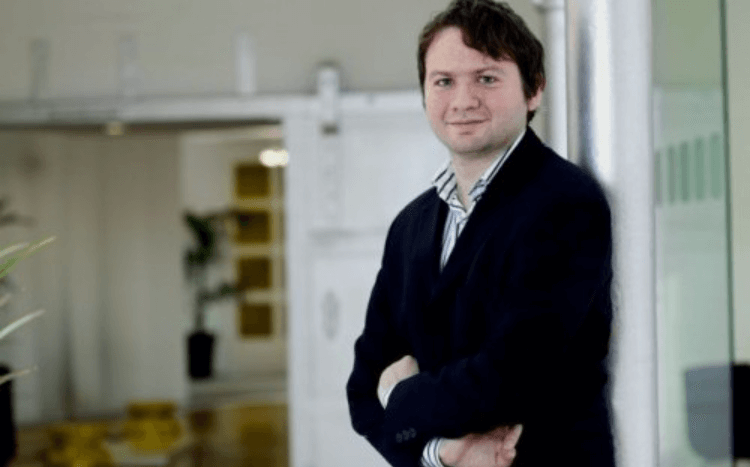Muktar, who set up the successful company four years ago with a friend while pursuing a PhD in Informatics at Edinburgh University, was always skeptical about business schools. Here he explains why he’s changed his mind.
As an entrepreneur, it is not often I sit back and count the merits of a theoretical approach to business.
I’m a hardened believer in nothing ventured, nothing gained. I believe running a business is a skill like learning to drive. You can sit through a hundred lectures and read a dozen books on the topic, but nothing can prepare you for the road quite like your first trip.
I had arrogantly assumed business students’ understanding of business to be purely abstract, and those who attended business school to be corporate washouts or entrepreneurial failures.
As a result of my closed views, I lay prejudiced in my approach towards business education in general. Recently, however, I was fortunate enough to spend a week at the Judge Business School in Cambridge, and the people at Judge succeeded in altering my opinions, or educating me, as I’m sure they’d put it.
It turns out that I am rather in favor of the academic framework that business schools can apply to real business situations. Although to the inexperienced graduate student such ideas are largely meaningless and completely hypothetical, to the experienced entrepreneur who understands their context, they are an invaluable and insightful tool.
Another concern I had was that large number of corporate defectors attending the courses. Indeed, the medal of an MBA is one mostly respected by employers, not by entrepreneurs. It is a de facto rule that all entrepreneurs know that education is not a hallmark of success, potential or otherwise. With the courses being made up mostly of ex-bankers or banker-wannabes, I felt I would be an unlikely fit, and would experience a cultural friction with my classmates.
I have since learned that the enlightened universities stream their programs into entrepreneurial and corporate groups, which suggests that business schools understand the minds of business people better than I had initially thought.
In conclusion, if I am fortunate enough to retire from WikiJob, attending a business school is high on my bucket-list. Staying true to my philosophy of nothing ventured, nothing gained, then attending such a school could only be a positive experience, and it is the sum of all those experiences that makes us what we are.
Given that the theoretical frameworks that universities can actually be applied to real-life situations to a practical end, and that such an environment can provide a fertile ground for befriending fellow entrepreneurs, it is my resolve to go to business school and learn what I can.
RECAPTHA :
67
a7
35
37







